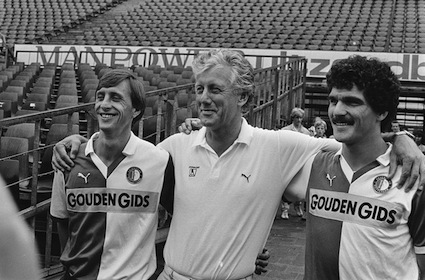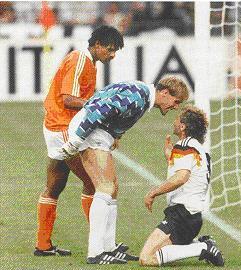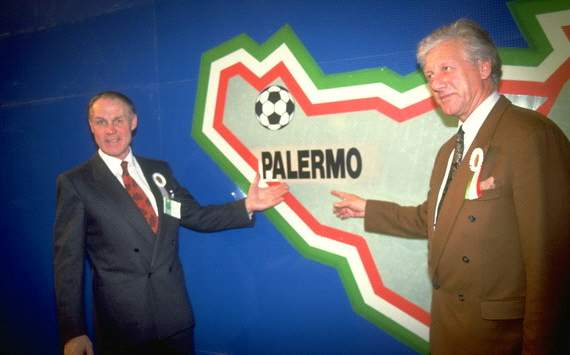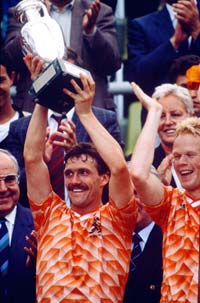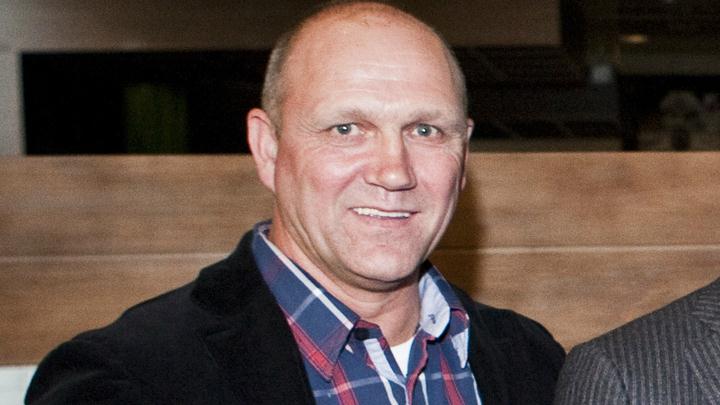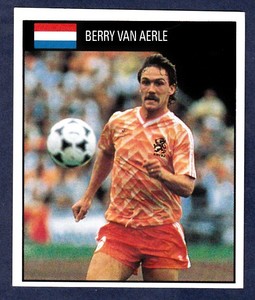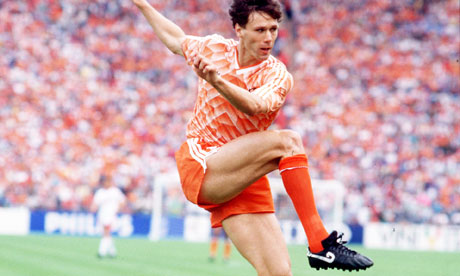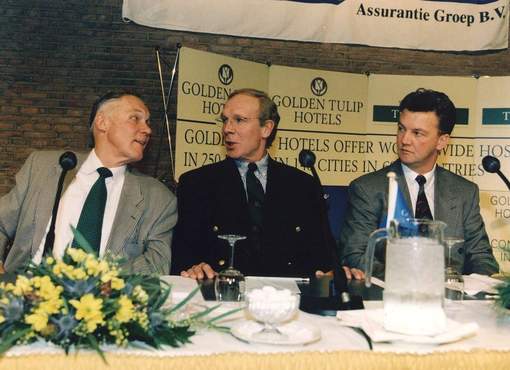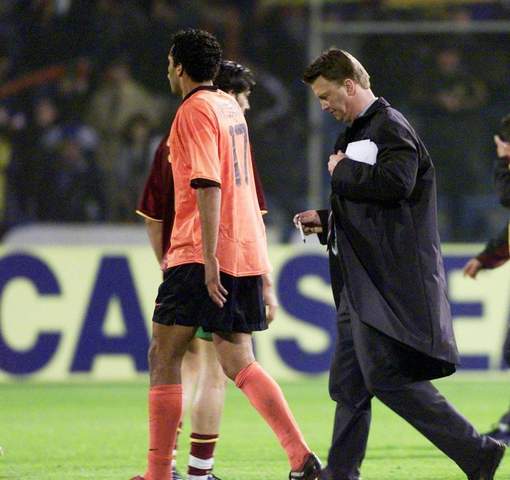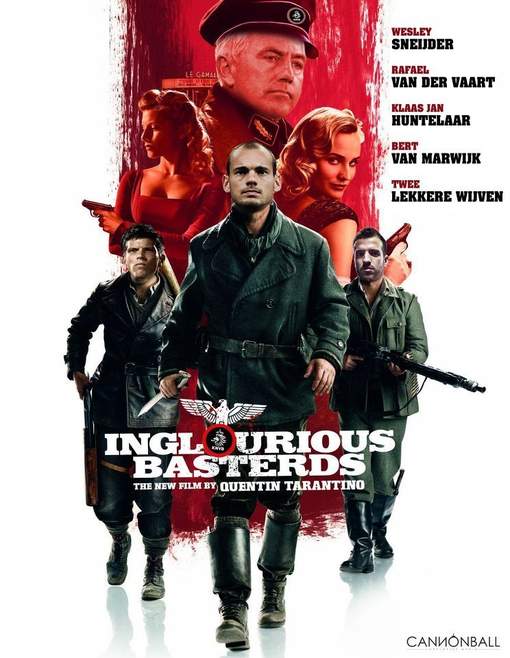Thanks for the link, JB!
As a Feyenoord man, I love this piece.
In the late 1960s, Feyenoord was considered to be one of the strongest and richest clubs in Europe. The Feyenoord Kuip Stadium was (and soon will be again) the most impressive venue in Europe and under master coach Ernst Happel, Feyenoord was the first Dutch club to win significant silverware with top notch players like Ove Kindvall, Wim Jansen, Coen Moulijn, Rinus Israel and Willem van Hanegem.
Here is the article by Priya Ramesh of The Hard Tackle (.com).
When one talks of Dutch football in the early 70′s, many people unleash a sonnet, announcing the perfection and innovation and dominance of Ajax, Rinus Michels and Johan Cruyff. Most people would dismiss of it as an ‘April Fool’s Day joke’ , when they are told that the first Dutch team to win the European Cup is surprisingly, not Ajax – which is a very common and very wide misconception. It was actually the club Ajax would’ve liked least to have taken this honour, their fiercest rivals in an enmity that runs deep into both clubs’ history and has taken root in the very identity of both cities: Feyenoord Rotterdam.
With the win juxtaposed between Ajax’s loss to Milan and Ajax’s win over Panathinaikos, this Feyenoord team has hardly ever been given its due credit for the 1970 triumph, en route to which, they emerged victorious against the team that had brushed Ajax aside the previous year – Milan and in the finals, a Celtic team that had 7 of the ‘Lisbon Lions’.
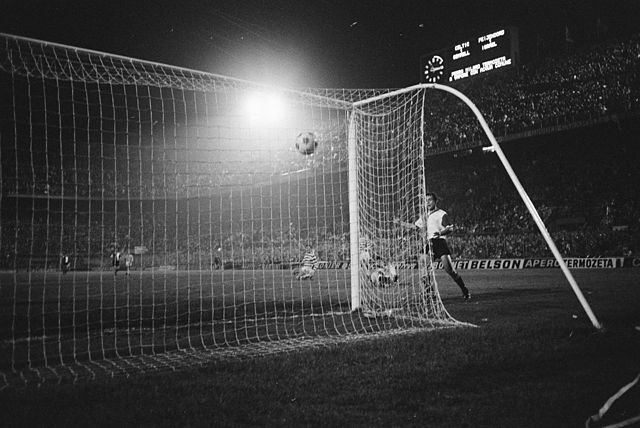
Ove Kindvall just scored the winner in the EC1 finals…
If Ajax had their talisman and stand-out player in Johan Cruyff, Feyenoord had theirs in the mercurial Wim van Hanegem; many Feyenoord fans would still contest and argue for hours on end that van Hanegem was a better player than Cruyff! Considered one of the best passers that the game has seen, van Hanegem was a central midfielder, with nowhere near as much flashiness or speed that Cruyff had, but if anything in footballing context could be perceived as being mellifluous, it would’ve been van Hanegem’s ability to control the tempo of the game, as if he held a metaphorical metronome. When a youth footballer at Velox SC (a club which was merged into FC Utrecht in 1970), Wim was described as being ‘too fat, too slow’ and it did show a bit, with the Breskens-born midfielder always carrying himself in a bent posture and having a penchant for passes that seemed like they were overplayed for his teammate but would curve or ‘bend’ into them, making a mockery out of the defender. While a young Ajax team were starting to announce themselves on the European stage with the fog match in 1966, van Hanegem was progressing at new club Xerxes and interestingly, caught the eye of the Ajax chairman at the time, van Praag who recommended the young midfielder to Michels. The manager dismissed van Hanegem, calling him one-dimensional and too old-fashioned a player. Michels would go on to eat his words, and would later mould his Netherlands team around the seemingly one-dimensional midfielder, even though he was 30 at the time. Meanwhile, van Hanegem did not leave the Persian-named club for the Greek-named one and Feyenoord pounced on him.
Adding to the trivia, it was also actually a Rinus (with a very Jewish surname) who played a crucial role in handing Feyenoord European glory, – Rinus Israel. Forming a solid partnership with Theo Laseroms, IJzeren Rinus (Iron Rinus) was sweeper and captain and was described by one of his opponents as being ‘the most intimidating, imposing presence you had ever felt in defence.’ At leftback was Theo van Duivenbode, a former Ajax player who had been forced to their arch rivals as Michels had persisted with the much younger Ruud Krol.
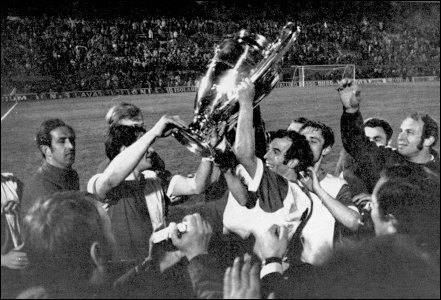
Coentje with the Cup
And up on the left wing, was Coen Moulijn – Feyenoord’s answer to both Ajax’s Piet Keizer and Sjaak Swart. Moulijn was Mr Feyenoord, a boy who had grown up kicking balls against a factory wall in the streets of Rotterdam, a boy whose playing style as a man embodied the spirit of Rotterdam and its manual and experential spirit, especially post-World War II. In Feyenoord’s 2-1 win over the indomitable Real Madrid side of the 60′s, Moulijn was the game-changer and the Madrid defence had to resort to tackling him from behind as the only means to stop the left winger from blazing down his flank, putting in crosses with accuracy like an experienced hunstman, wielding his archery equipment and splitting his own arrows on the bull’s eye. When he passed on in 2011, Feyenoord’s all-time top scorer, Cor van der Gijp described him as Overmars and Van t’ Schip put together, or more relatably, ‘..like Robben and Beckham in one body.’
But the man who put it all together, was the man that is remembered now as one of the best coaches of all-time, Austrian Ernst Happel. His team typified him as a person and a former player, strong-willed, physical, big but technically adept. In the final, Celtic went with a 4-2-4 and Happel implemented his 4-3-3. Having always believed that, ‘the games always unfolds from the midfield’, Happel’s 3-man linchpin of Jansen, fellow Austrian Hasil and van Hanegem proved to be the key element in overcoming a much more experienced Celtic side. The 3v2 situation in midfield while Feyenoord defended meant that Jansen could always clean up and retrieve the loose ball, having been relieved of man-marking duties. Moreover, Moulijn would drop back to cover the space between Celtic fullback David Hay and arguably their most influential player, Jimmy Johnstone, such that the balls played to the right winger would be intercepted to distributed to van Hanegem who would look up to try and find Swede Kindvall, who would eventually score the winner for Feyenoord in extra time, after a long ball from Israel was fumbled by Celtic’s greatest ever captain Billy ‘Cesar’ McNeill (on watching replays, he seemed to have handled the ball) and it rebounded right onto Kindvall’s face, but the Swede held his composure and quickly lifted it over the advancing keeper, making it 2-1 to Feyenoord.
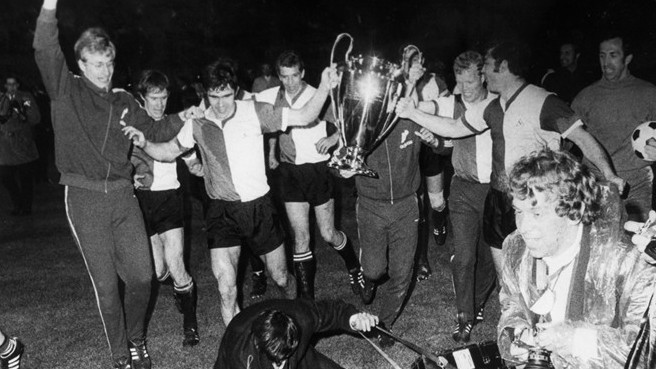
Feyenoord would go on to lift both the Eredivisie and the Intercontinental Cup the next season, but were the victims of a shock elimination in the first round of the European Cup, which saw Ajax ensure that the Cup would remain in the waterlogged, low-lying Netherlands. Most of the Feyenoord players from the European champion team of 1970 spent almost the entirety of their careers in the Netherlands and were unlucky to be playing in the same era as perhaps arguably, the greatest club side of the 20th century. Cruyff walked away with the Best Player award in 1974, but he would have not been as good as he was without van Hanegem – even when pushing 31 – was providing him with world-class service, without Jansen winning the ball back in tight positions to be distributed to the likes of Cruyff and Rep. And perhaps, that offers the Feyenoord paradox of the 70′s – they were very good, but Ajax simply had more poetic fluidity, begging to be written about in them, as well as the tactical intuition to revolutionise the sport, like never before. Since 1964-65 til 1973-74, Feyenoord won the Eredivisie 4 times, and finished only 2 points behind Ajax at their very peak in 1972-73.
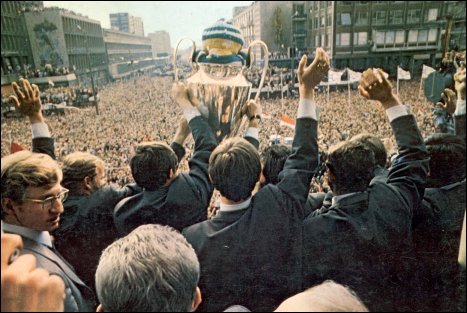
The inevitability of legacy means that when asked about Dutch football in the 70′s, people will still hold on to the cynosural holy trinity of Ajax, Michels and Cruyff as well as the concept of Total Football. But hopefully, from now, the name of Feyenoord will float upstream from the river of Lethe, and it will peek into the minds of a few – just a small, shy glance, reminding them that they were indeed the Dutch team that set the ball rolling, claiming the highest honour in European football in fashion worth admiration, in fashion worth remembering.

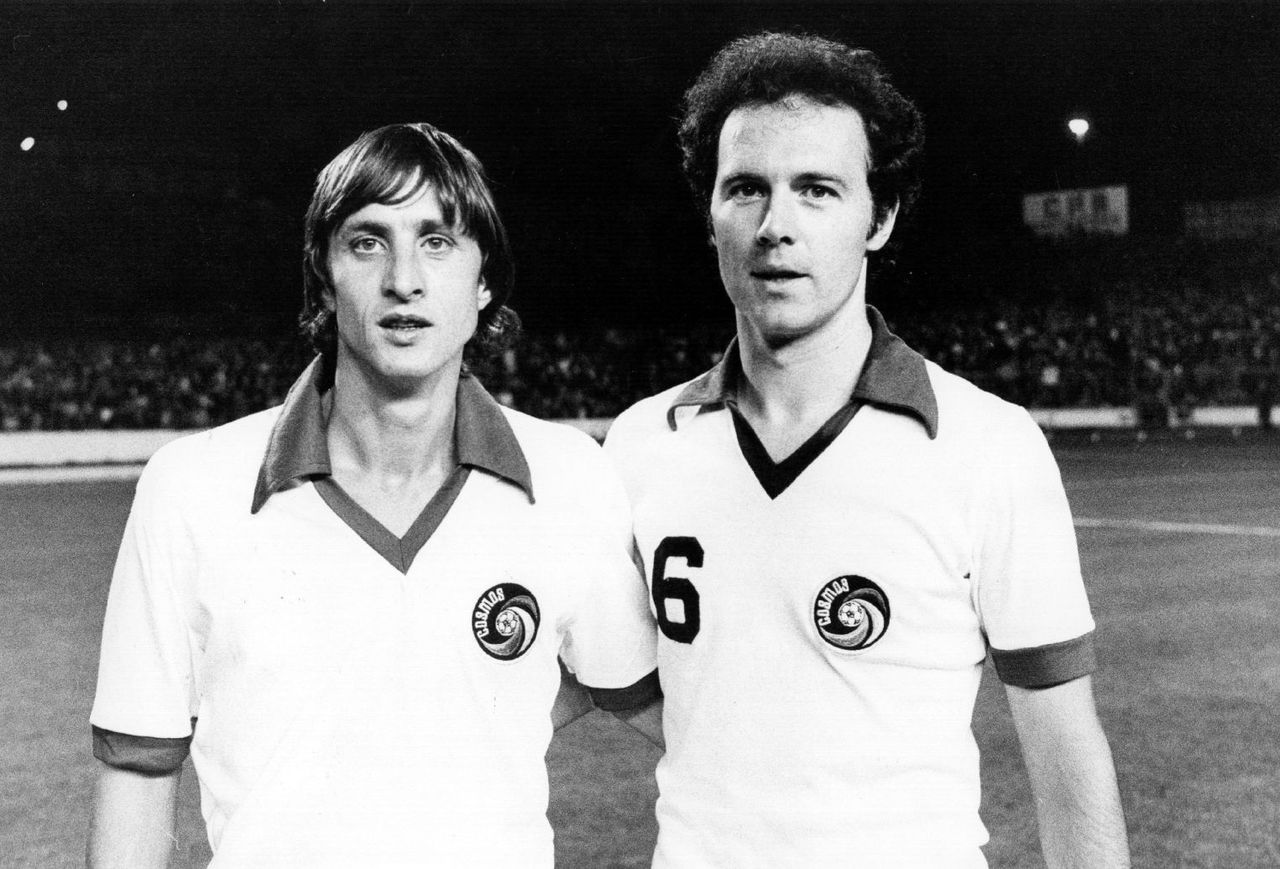
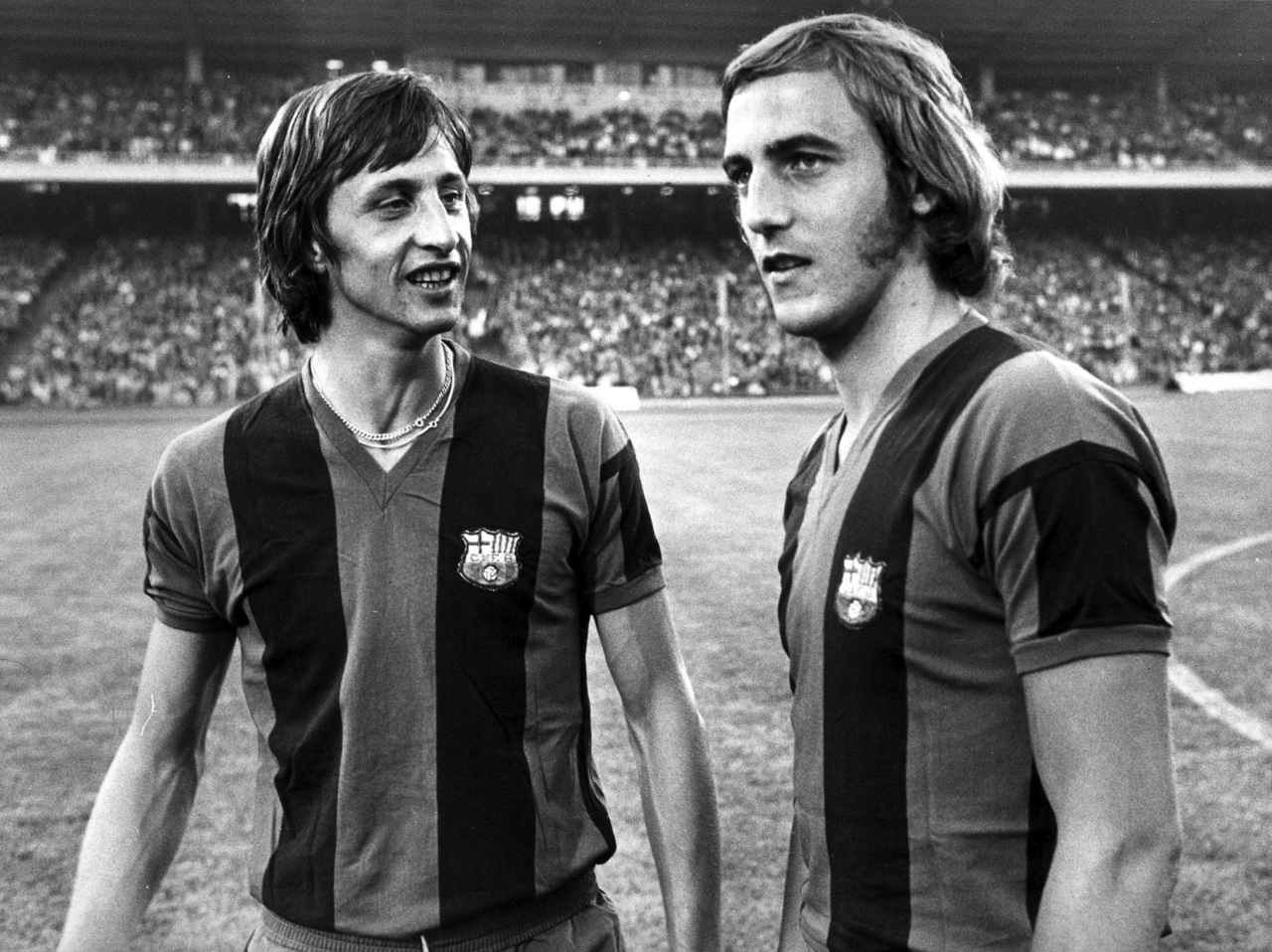
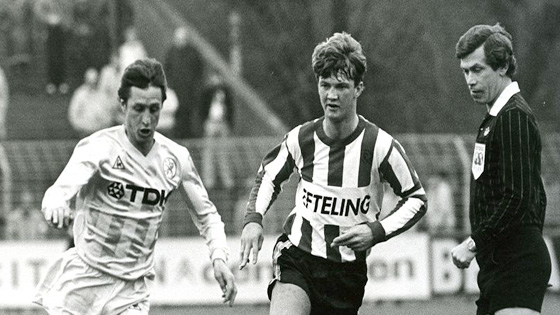
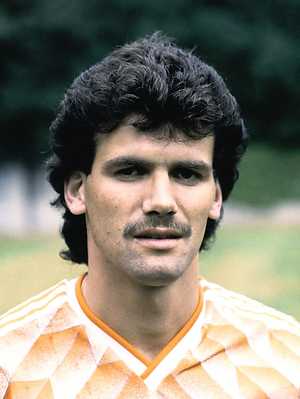
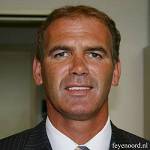
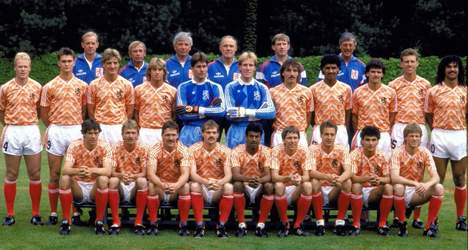
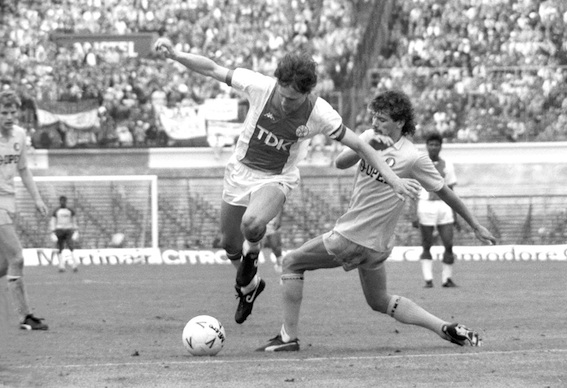 Football ballet between Van Basten and Troost, smoke partners…
Football ballet between Van Basten and Troost, smoke partners…